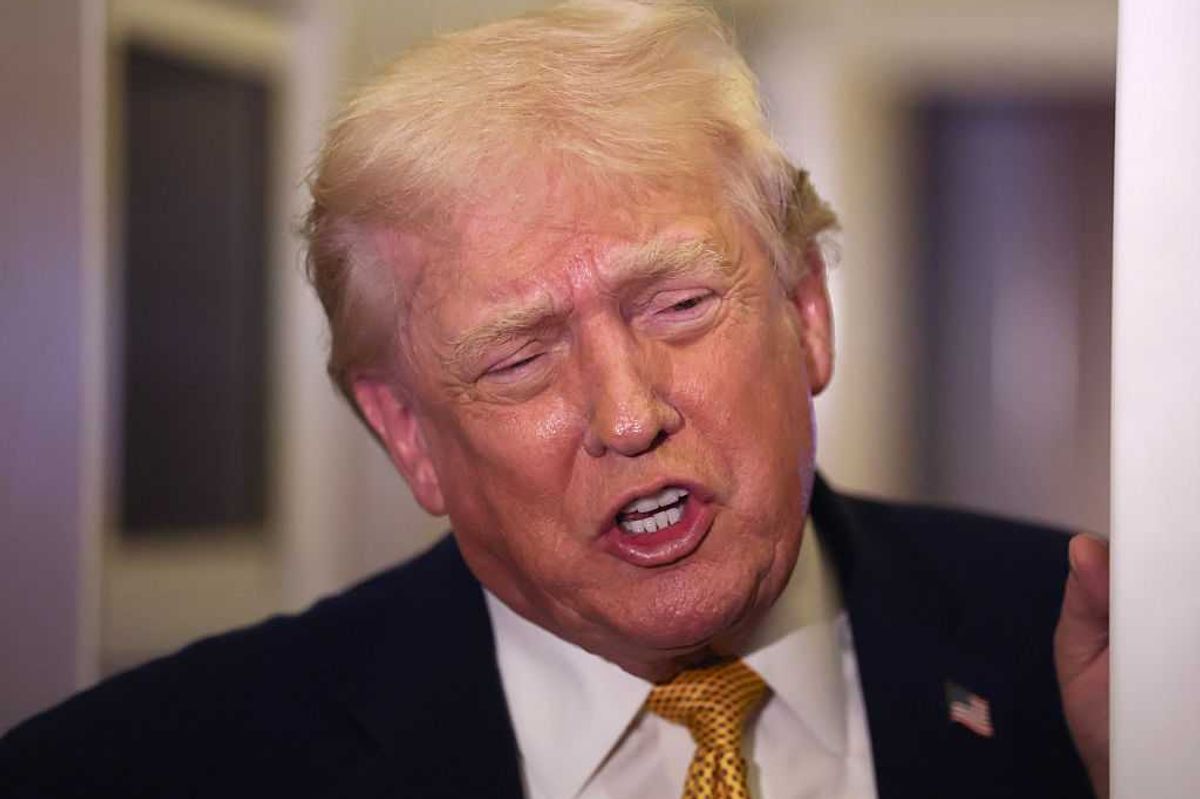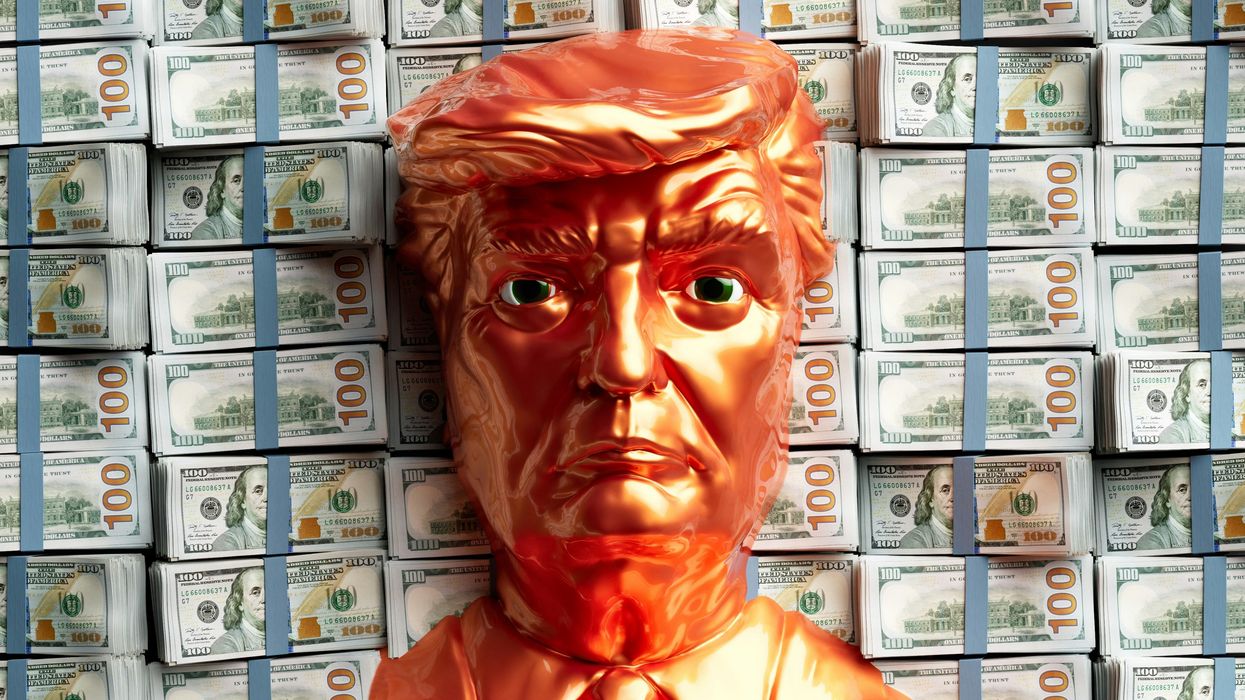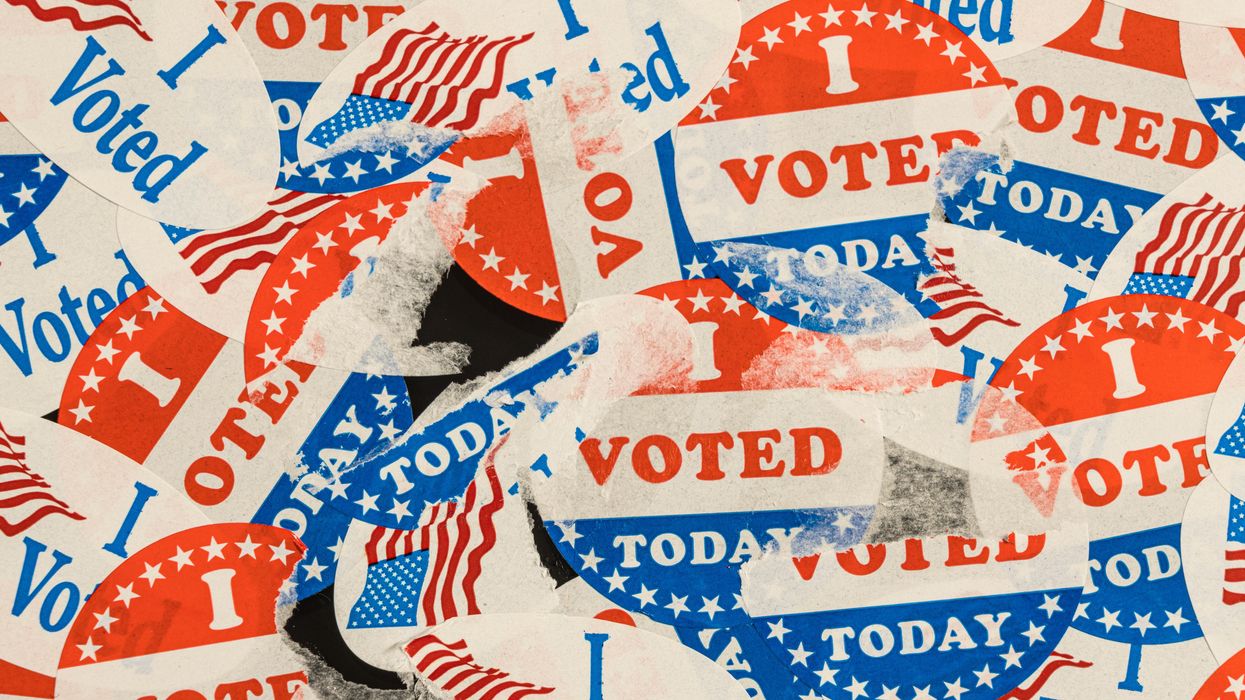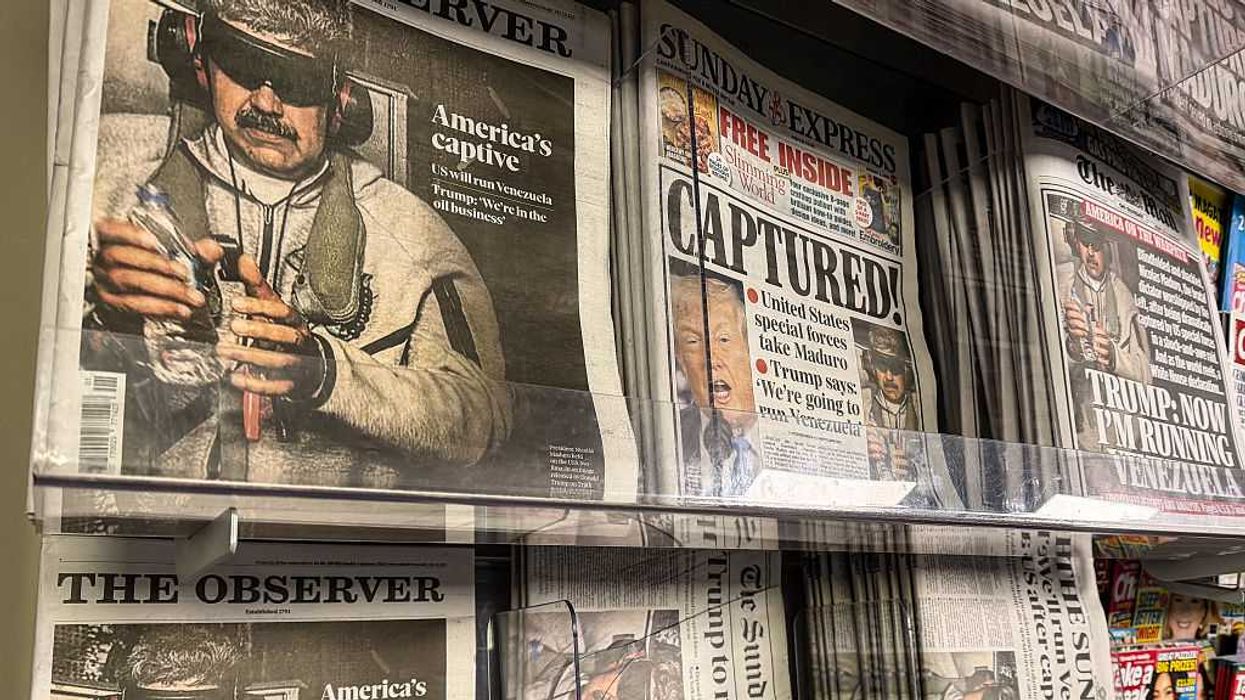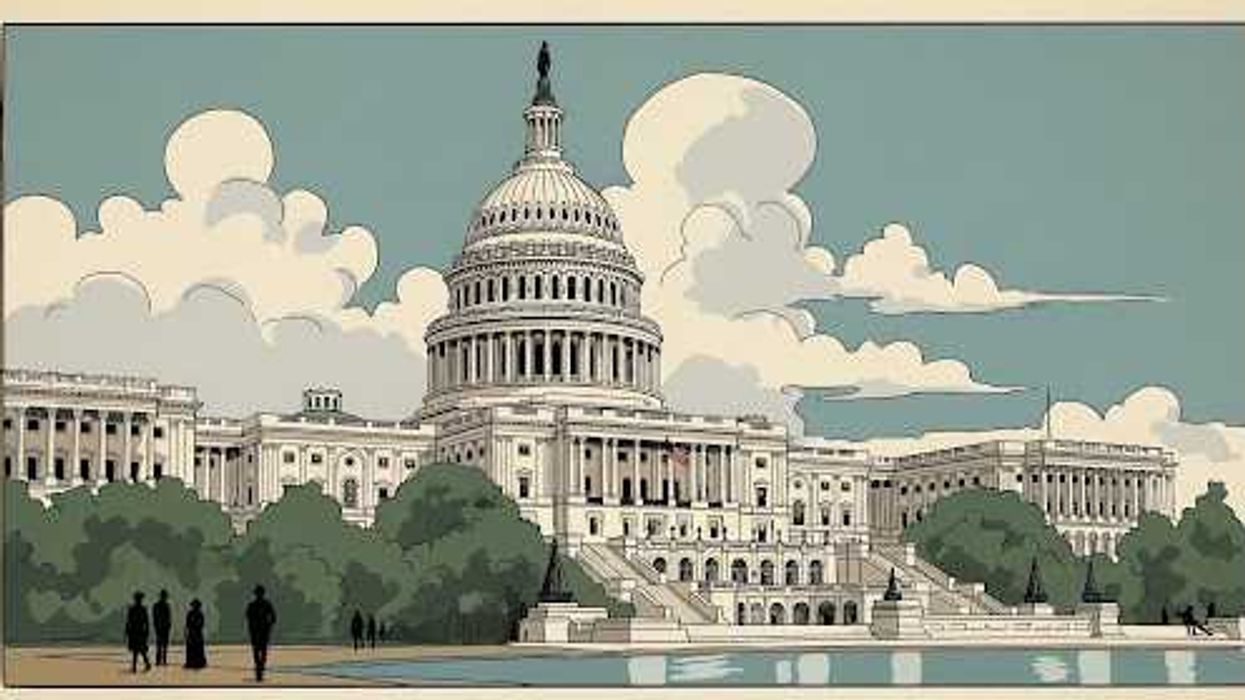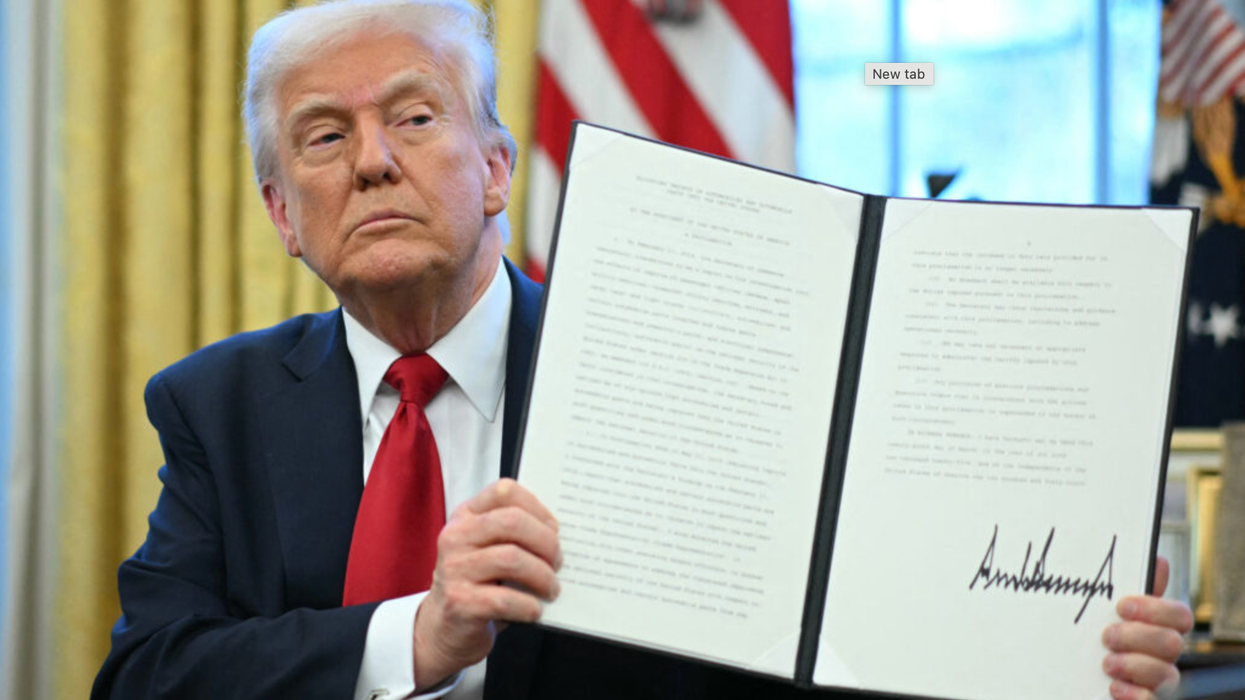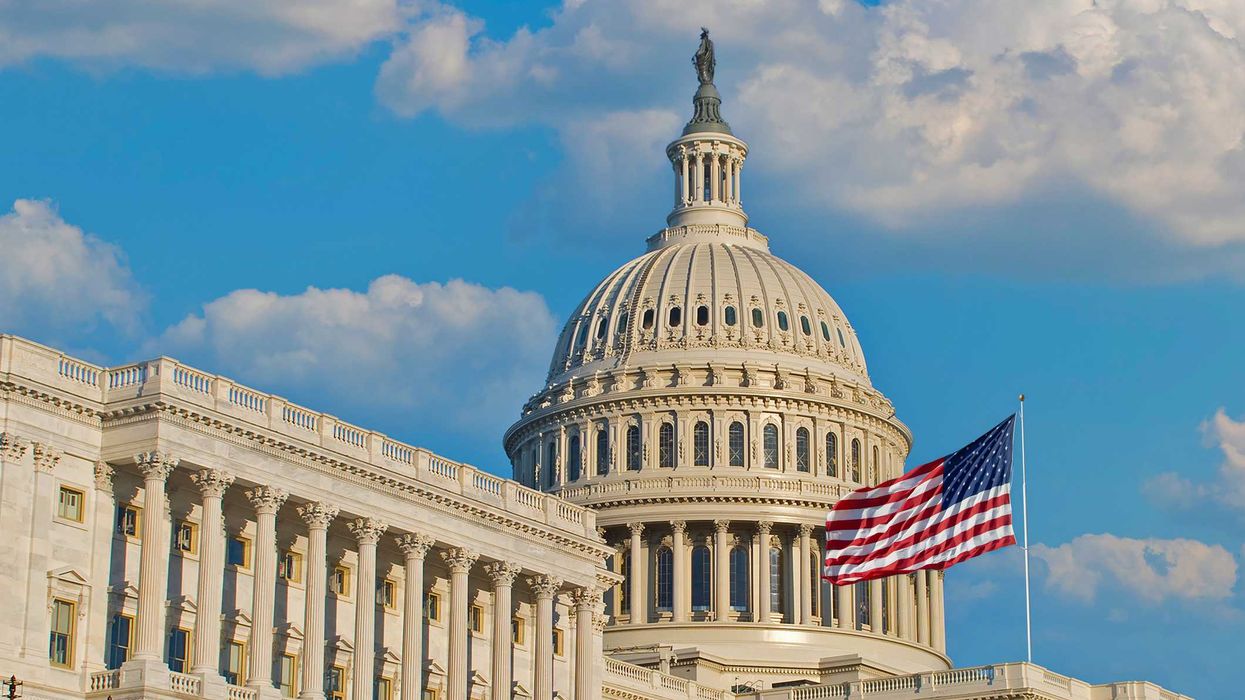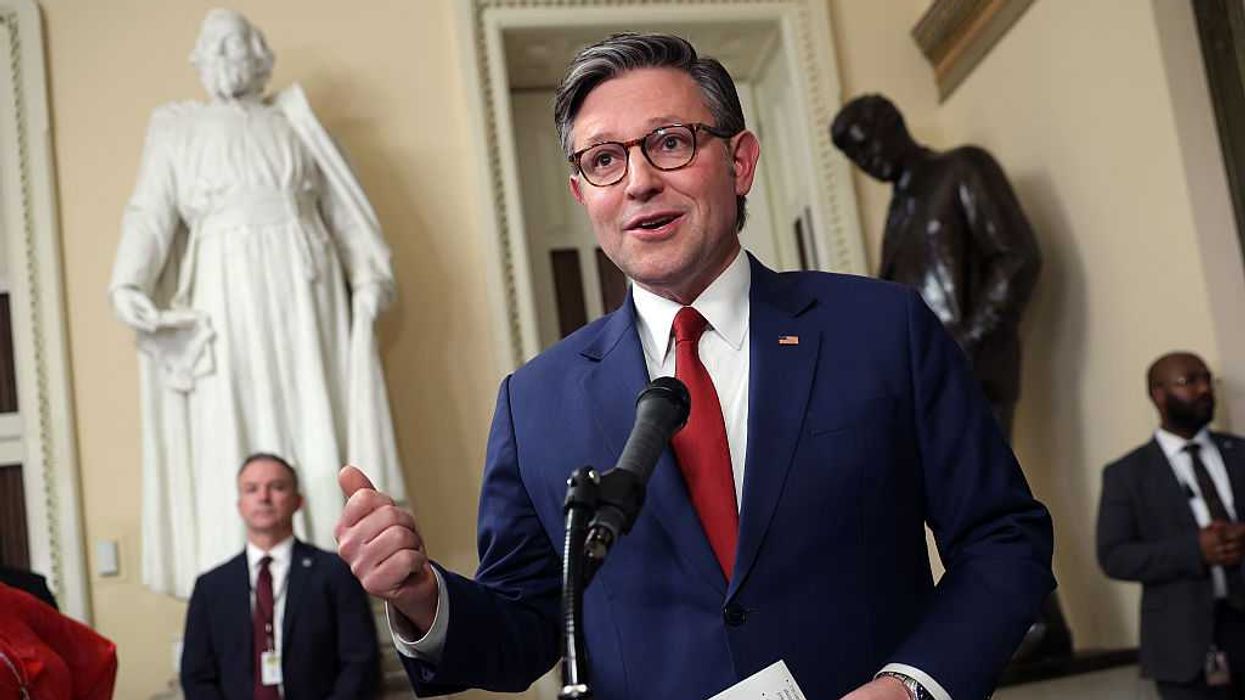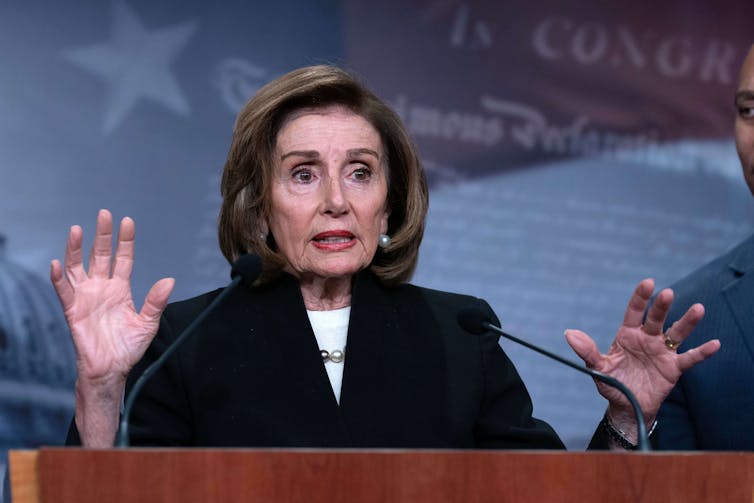The Fulcrum strives to approach news stories with an open mind and skepticism, striving to present our readers with a broad spectrum of viewpoints through diligent research and critical thinking. As best we can, remove personal bias from our reporting and seek a variety of perspectives in both our news gathering and selection of opinion pieces. However, before our readers can analyze varying viewpoints, they must have the facts.
What is the current status?
Recently, both countries agreed to temporarily reduce tariffs for 90 days, lowering reciprocal tariff rates to 10%. However, the U.S. still maintains a 30% baseline tariff on Chinese goods, while China has removed some non-tariff countermeasures
On Monday, May 12, 2025, the White House and China’s Ministry of Commerce (MOFCOM) released a joint statement in which they committed to lowering reciprocal tariff rates from 125 percent to just 10 percent for a period of 90 days. The existing 20 percent tariff on Chinese goods remains in place, meaning the final tariff rate on Chinese goods will be 30 percent. This tariff is levied in addition to the most-favored-nation tariff, as well as other existing tariffs on China, such as the Section 301 tariffs. However, they are not stacked on top of the sector-specific Section 232 tariffs on products such as steel, aluminum, and auto parts.
What percent of total China exports are to the United States
China's exports to the United States accounted for 15% of its total exports in 2023. This amounted to approximately $501 billion out of China's global exports of $3.4 trillion. Despite ongoing trade tensions, the U.S. remains China's largest single-country export market. In 2021, exports to the U.S. accounted for 17% of China's total exports, whereas in 2023, this dropped to 15%. The decline is largely due to ongoing trade tensions, supply chain shifts, and efforts by both countries to diversify their trade partnerships.
How does a decline in exports to the U.S. affect China's economy overall?
China's economy has been impacted by the decline in exports to the United States, but it has shown resilience by diversifying its trade partnerships and boosting domestic investment. The reduction in exports to the U.S. has contributed to a slower GDP growth rate, with estimates suggesting a 1.2 percentage point decline in growth due to the ongoing tariff war. However, China has responded with economic stimulus measures, which are expected to add 0.5 percentage points to growth, bringing the projected rate to around 4.5% for 2025.
Despite pressure from U.S. tariffs, China has maintained strong export growth to other markets, such as the EU and ASEAN, which helps offset losses. Additionally, China has been focusing on high-tech manufacturing and equipment investment, which has helped sustain economic momentum.
Overall, while the decline in U.S. exports has created challenges, China’s economy remains adaptable, leveraging alternative trade routes and domestic policies to mitigate the impact.
If China were to completely cut off imports of American products, it would have significant consequences for the U.S. economy, particularly in industries that rely heavily on Chinese demand. The most impacted sectors would likely be:
- Agriculture: China is a major importer of U.S. soybeans, corn, and pork. A full cutoff would severely harm American farmers, especially in states like Iowa and Nebraska, where agricultural exports to China are a key source of revenue.
- Technology & Semiconductors: U.S. tech companies, including chip manufacturers, rely on Chinese buyers. A halt in exports could disrupt supply chains and reduce revenue for firms like Qualcomm and Intel.
- Automobiles & Aerospace: China is a major market for American-made cars and aircraft. Companies like Boeing and Tesla would face significant losses if China were to stop purchasing U.S. vehicles and planes.
- Energy: The U.S. exports liquefied natural gas (LNG) and crude oil to China. A cutoff would impact American energy producers and could lead to lower prices domestically due to excess supply.
Beyond specific industries, a full trade cutoff could slow U.S. economic growth, increase unemployment in affected sectors, and force companies to find alternative markets. However, some industries may adapt by shifting their exports to other countries, although this would take time and likely result in financial losses in the short term. The broader impact would depend on whether China imposes gradual restrictions or an immediate halt.
Which economy would be hurt more if all imports and exports were cut off between the US and China?
A complete cutoff of trade between the U.S. and China would have severe consequences for both economies, but the impact would differ based on their economic structures and dependencies.
Impact on the U.S.:
- Supply Chain Disruptions: Many American industries rely on Chinese manufacturing, especially in electronics, machinery, and consumer goods. A sudden halt would lead to shortages and price increases.
- Agriculture Losses: The U.S. exports large amounts of soybeans, corn, and pork to China. Farmers would struggle to find alternative buyers.
- Technology & Semiconductor Setbacks: China is a major market for U.S. tech companies. Losing access would harm firms such as Apple, Qualcomm, and Intel.
- Economic Growth Decline: The U.S. economy could experience a 0.8% drop in GDP due to lost trade.
Impact on China:
- Export Revenue Loss: The U.S. is one of China’s largest export markets, accounting for 15% of total exports. Losing this market would be a major financial hit.
- Manufacturing Slowdown: Many Chinese factories produce goods primarily for U.S. consumers. A trade cutoff would lead to job losses and production declines.
- Foreign Investment Decline: U.S. companies invest heavily in China. A trade halt could reduce foreign capital inflows.
- GDP Impact: China's economy could see a 1.2% decline in growth, as it relies more on exports than the U.S..
Who Would Be Hurt More?
China would likely suffer greater economic damage due to its higher dependence on exports and foreign investment. The U.S. would experience inflation and supply chain disruptions, but it has a more diversified economy and could recover faster. However, both nations would face long-term consequences, including job losses, slower growth, and global economic instability.
Who has more leverage politically- Trump or Xi Jinping?
Both Donald Trump and Xi Jinping hold significant political leverage, but in different ways.
- Economic Pressure: Trump is pushing for a direct call with Xi to negotiate trade terms, especially after China blocked U.S. access to critical minerals.
- Tariff Strategy: The U.S. recently lowered tariffs on Chinese imports from 145% to 30%, while China reduced its duty rate on U.S. goods from 125% to 10%. Trump sees this as a bargaining chip.
- Domestic Politics: Trump is under pressure to secure a favorable trade deal without losing political capital at home.
Xi's Leverage:
- Control Over Trade: Xi has been firm in restricting exports of rare earth minerals, which are crucial for U.S. manufacturing.
- Strategic Patience: China is signaling that it won’t rush into concessions, making Trump’s eagerness for a deal a potential disadvantage.
- Global Influence: Xi’s leadership enables China to shift its trade relationships with other nations, reducing its reliance on the U.S.
Who Has More Leverage?
Trump is eager to reset trade talks, but Xi appears to be holding firm, making negotiations difficult. While Trump has economic tools at his disposal, Xi’s long-term strategy and control over key resources give him strong leverage. The outcome will depend on how each leader plays their cards in the coming weeks.
Who is a better negotiator - Xi or Trump, and what past negotiations might offer insights?
Xi is known for long-term strategic patience, while Trump relies on high-pressure tactics. Trump himself has admitted that Xi is “extremely hard to make a deal with”, suggesting that Xi’s approach may be more effective in maintaining control over negotiations. However, Trump’s unpredictability can force quick decisions, making him a formidable negotiator in fast-moving situations.
- Trump’s Influence: Trump’s aggressive tariff strategy pressured China into making concessions, including commitments to purchase $200 billion in U.S. goods over two years.
- Xi’s Influence: Xi ensured that China retained flexibility, agreeing to purchases but avoiding structural economic reforms that the U.S. wanted.
Geneva Trade Truce (2025)
- Trump’s Influence: Trump pushed for a temporary tariff reduction, lowering U.S. tariffs from 145% to 30%, while China reduced its duties from 125% to 10%.
- Xi’s Influence: Xi maintained control over rare earth exports, using them as leverage in negotiations.
Challenges in Reaching a New Deal
- Trump’s high-pressure tactics have led to quick agreements but often result in short-term instability.
- Xi’s long-term strategic patience enables slow but calculated negotiations, ensuring China retains control over key industries.



